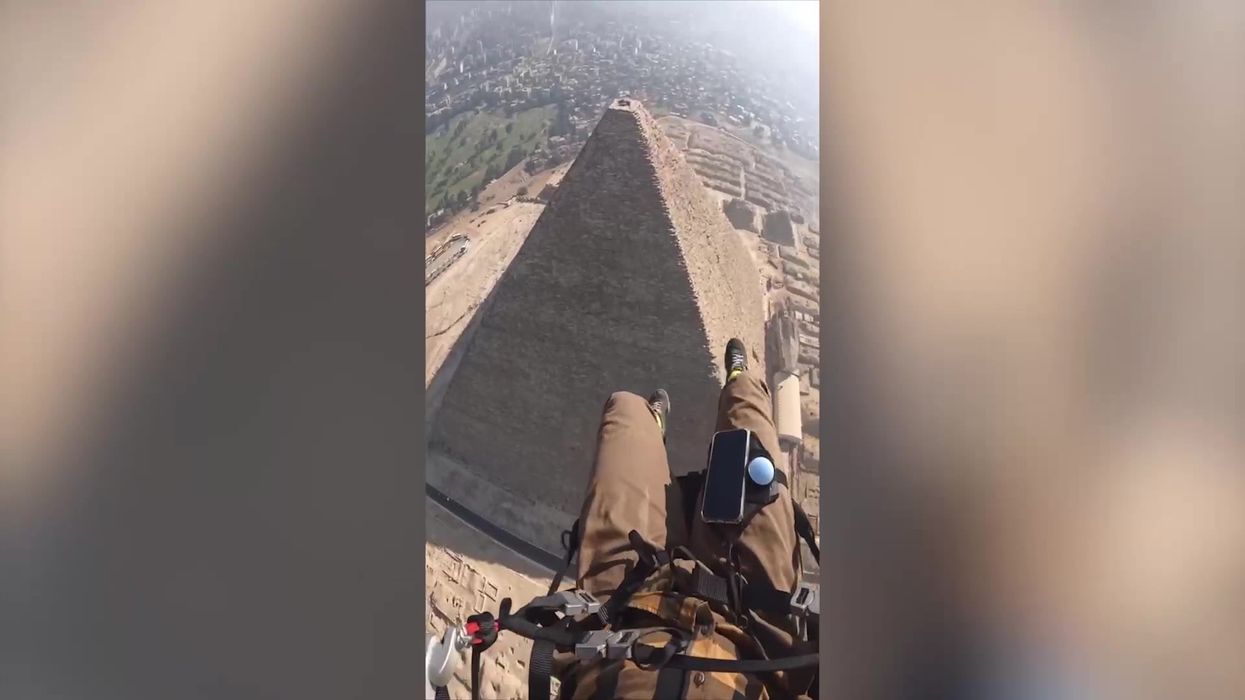Science & Tech
Ellie Abraham
Nov 23, 2023
Pilot glides over beautiful ancient Egyptian architecture
content.jwplatform.com
Experts have located a legendary lost city in Egypt that never appears on maps with the help of a mummy.
Ancient Egyptians had an affinity for baboons thanks to their association with the God, Babi. Experts know that they were kept as pets in captivity and had their sharpest teeth removed to make them less harmful.
And it is the Egyptians’ keeping of baboons that has led experts to the location of the mysterious Egyptian city of Punt thanks to their DNA.
Gisela Kopp, a geneticist at the University of Konstanz, Germany who is studying baboon DNA explained to Live Science: “There were these stories that they got them from Punt, this fabled, mysterious land.”
Punt has been mentioned in documentation from ancient Egypt, but experts have never been able to determine where it would actually lie on a map.
But, in recent years, experts have been able to narrow down its exact location by looking at DNA from mummified baboons which have been discovered from the time period.
Kopp and a group of colleagues were able to extract usable DNA from the remains of a mummified baboon believed to be from between 800 B.C. and 540 B.C.
In their study, published in the journal eLife, they then compared that DNA to the genetic information of 14 baboons from known origins to compare specific information of geographic location.
It revealed the baboon’s DNA was most closely related to populations from what are coastal areas of Eritrea today. Kopp explained, “It's close to this ancient port of Adulis”.
Adulis is also mentioned in records dating from 300 B.C. onwards and is known as being a place that traders travelled to for wild animals.
Kopp explained that there is now a working theory that Adulis and Punt may have been essentially the same place.
“Maybe the earlier Punt was in a similar location to where Adulis was [later] established,” Kopp said.
The study is based on the DNA of one mummified baboon, as the attempted extraction of fragile ancient DNA from nine other baboon mummies failed to yield usable samples. Experts hope to replicate their study with more DNA samples to gain more information from different time periods.
How to join the indy100's free WhatsApp channel
Sign up to our free indy100 weekly newsletter
Have your say in our news democracy. Click the upvote icon at the top of the page to help raise this article through the indy100 rankings.
Top 100
The Conversation (0)














